Following the publication of the 2024 ITSM.tools Well-being in IT Service Management (ITSM) Survey results, this article explores the correlations between the survey’s questions based on the captured ITSM well-being data, analyzing data at a high level. As a quick reminder, the 2024 Well-being in ITSM Survey identified the following:
This article explores the correlations between our well-being survey questions based on the captured ITSM well-being data. It makes for interesting reading. #ITSM #wellbeing Share on X- 82% of respondents thought working in IT would get harder (at least for some roles)
- 30% of respondents felt their personal efforts weren’t recognized by management, and another 39% that recognition sometimes happens but not enough
- 61% of respondents stated working in IT had adversely affected their well-being to some extent
- 37% of respondents believed their immediate manager was unsuitably skilled to deal with employee well-being issues, and another 28% that they were only partially skilled
- 27% of respondents thought corporate well-being mechanisms were unsuitable for preventing and helping with employee well-being issues; 32% believed them to be suitable, and another 34% were suitable but with the need for improvement.
For the 2024 survey, artificial intelligence (AI)-related questions were added. These ITSM well-being data points and further insights are best covered in a separate AI article.
The questions informing the 2024 Well-being in ITSM Survey correlations
The survey asked eight questions to capture ITSM well-being data:
- Do you think working in corporate IT will get harder over the next three years?
- Do you feel your personal efforts, and your value to the business, are sufficiently recognized by management?
- Do you feel that working in IT is adversely affecting your well-being?
- Do you think that your immediate manager is suitably skilled to identify and deal with employee well-being issues?
- Does your organization have suitable mechanisms for preventing and helping employee well-being issues?
- Do corporate (rather than personal) AI capabilities help with your work?
- Have you used non-corporate (personally sourced) AI tools, such as ChatGPT, to help with your work?
- Has the use of AI (corporate or personal) improved your well-being?
The link between the future view of working in IT and personal recognition
The respondents who stated that management recognized their personal efforts were more likely to think that working in IT will not get harder over the next three years (the yellow bars in the chart below). As with all correlations, please appreciate that “correlation does not imply causation” when looking at the insights from this ITSM well-being data.
Survey insights: respondents who stated that management recognized their personal efforts were more likely to think that working in IT will NOT get harder over the next three years. #ITSM #wellbeing Share on X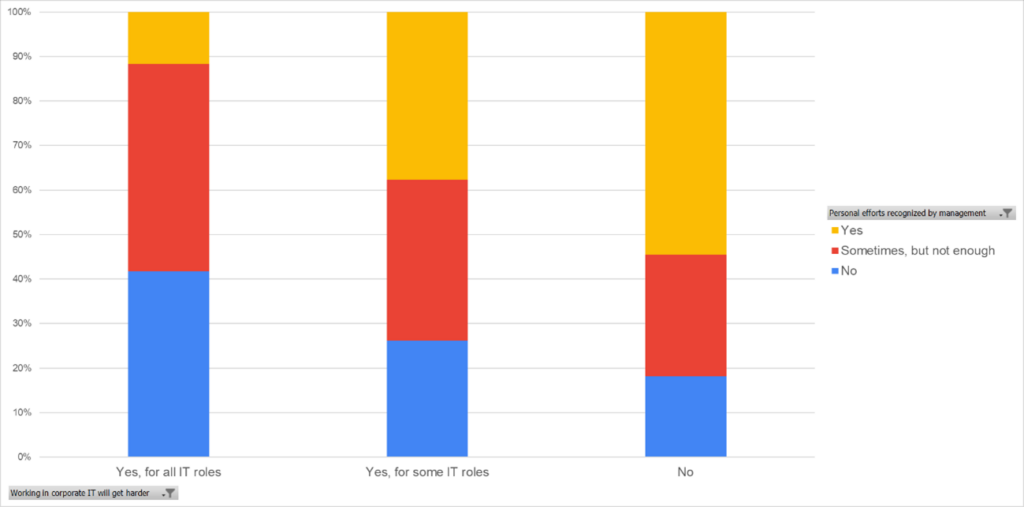
Chart 1: Q1 (future) and Q2 (recognition)
This correlation reiterates the correlations found in the 2022 and 2020 surveys – that the receipt of recognition and an employee’s future view of work are linked.
The link between the future view of working in IT and well-being
The survey respondents who stated working in IT has adversely affected their well-being were more likely to think working in IT would get harder over the next three years for all roles (the blue bars).
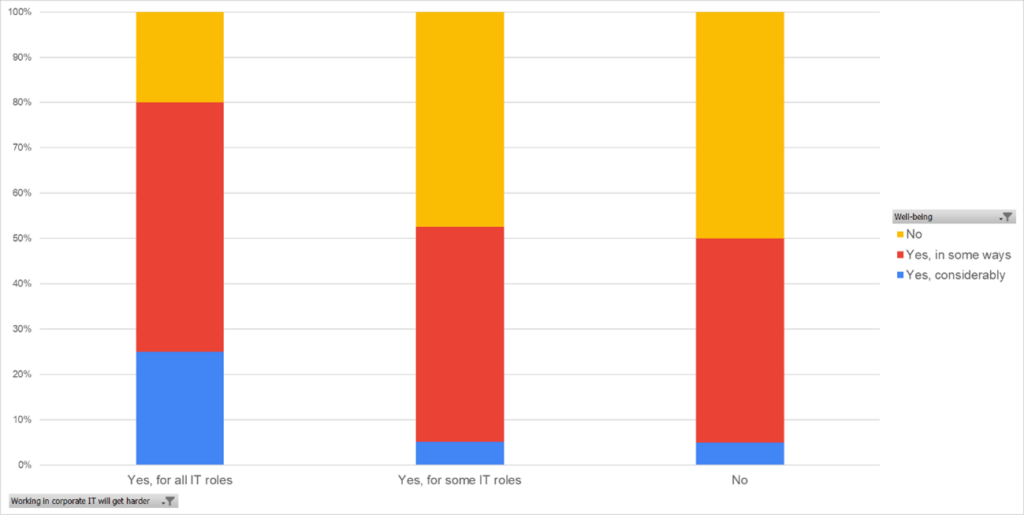
Chart 2: Q1 (future) and Q3 (well-being issues)
While this ITSM well-being data shows what could be considered obvious, this correlation reiterates the findings of the 2022 and 2020 surveys – that well-being and the future view of work are linked. However, the similarity between the “Yes, for some IT roles” and “No” bars is new for the 2024 Well-being in ITSM Survey.
Survey insights: respondents who stated working in IT has adversely affected their well-being were more likely to think working in IT would get harder over the next three years. #ITSM #wellbeing Share on XThe link between the future view of working in IT and line-manager capabilities
The respondents who thought their line manager was unsuitably skilled for dealing with employee well-being issues were most likely to feel that day-to-day working in IT would get harder over the next three years (the blue bars). Again, there’s a similarity between the “Yes, for some IT roles” and “No” bars.
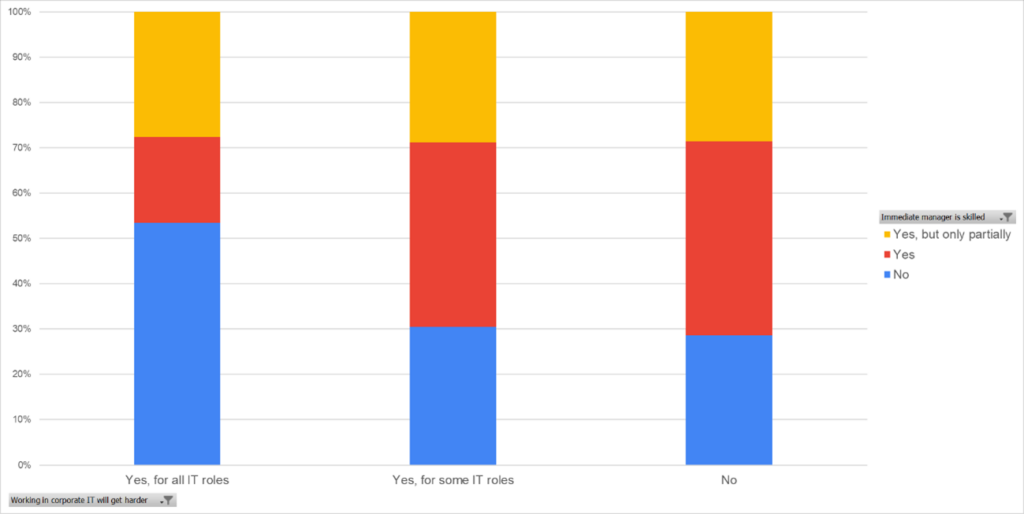
Chart 3: Q1 (future) and Q5 (line-manager capabilities)
The adverse impact of the lack of personal recognition on employee well-being is unmissable in the the @ITSM_tools #ITSM well-being data. Take a look here. Share on XThe correlation between personal recognition and employee well-being issues
The adverse impact of the lack of personal recognition on employee well-being is unmissable in the ITSM well-being data – Chart 4 below (the red and yellow bars). In addition to the earlier “causation” statement, there’s also the “chicken and egg” argument, where employee well-being issues could contribute to the lack of recognition.
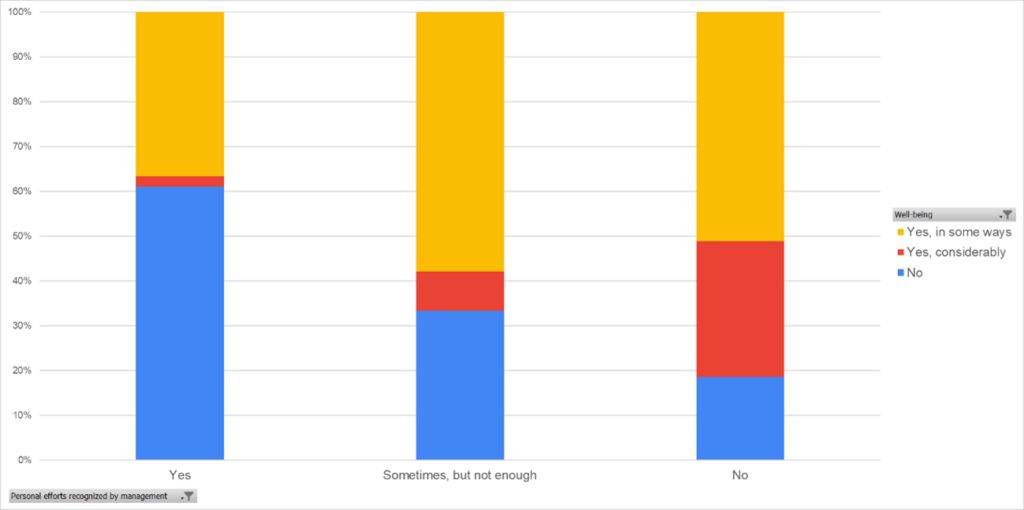
Chart 4: Q2 (recognition) and Q3 (well-being issues)
The correlation between personal recognition and line-manager capabilities
Line managers with well-being-related skills (the red and yellow bars) are more likely to be viewed as recognizing personal efforts. This could be caused by superior well-being-related training and education. However, it could alternatively be a sign of better people managers in line manager roles.
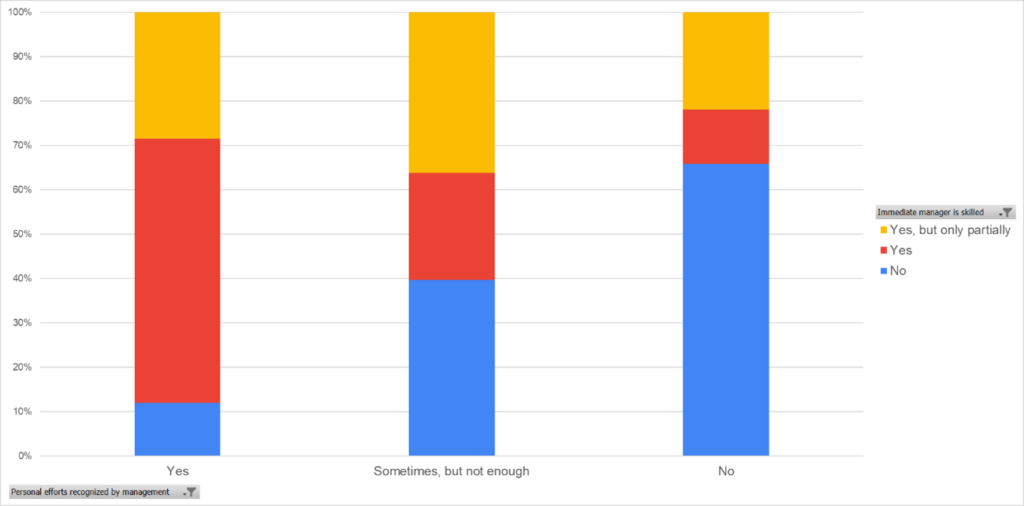
Chart 5: Q2 (recognition) and Q4 (line-manager capabilities)
The link between well-being issues and corporate capabilities
As with the 2022 and 2020 ITSM well-being data, where an organization was thought not to have suitable well-being issue prevention mechanisms (the blue bars), there were higher levels of well-being issues. The red bars show the reverse – good corporate well-being mechanisms correlate with minimal well-being issues. However, playing “devil’s advocate,” if employees haven’t experienced well-being issues, they’re less likely to understand and “criticize” the corporate well-being capabilities.
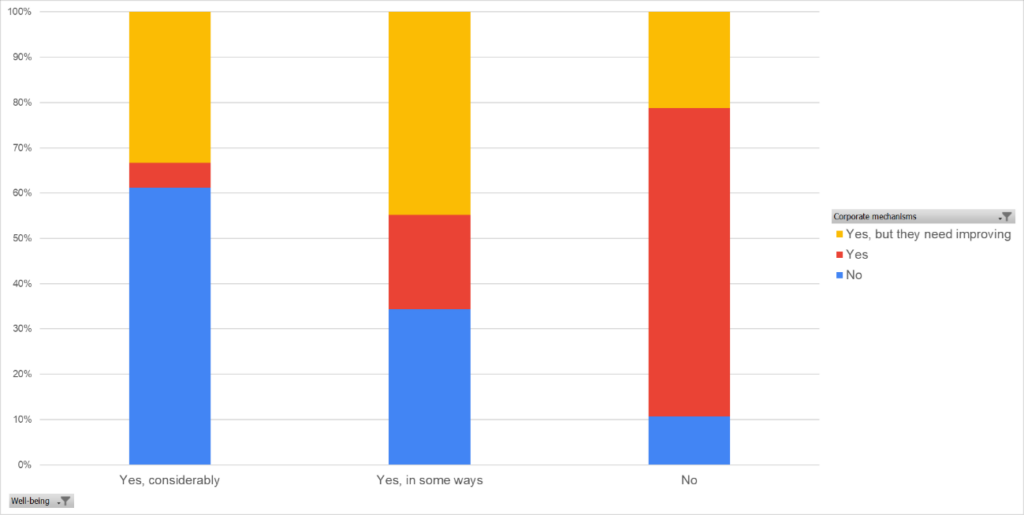
Chart 6: Q3 (well-being issues) and Q5 (corporate capabilities)
The link between line manager and corporate well-being capabilities
Again, as with the 2022 and 2020 ITSM well-being data, there’s a link between line manager and corporate well-being management capabilities. Line managers might be better enabled (to handle well-being issues) by the corporate mechanism, or line-manager well-being concerns have influenced the creation of suitable corporate capabilities. Either way, the survey data shows the two capabilities are linked. Still, the influence of respondents experiencing well-being issues or not should also be borne in mind.
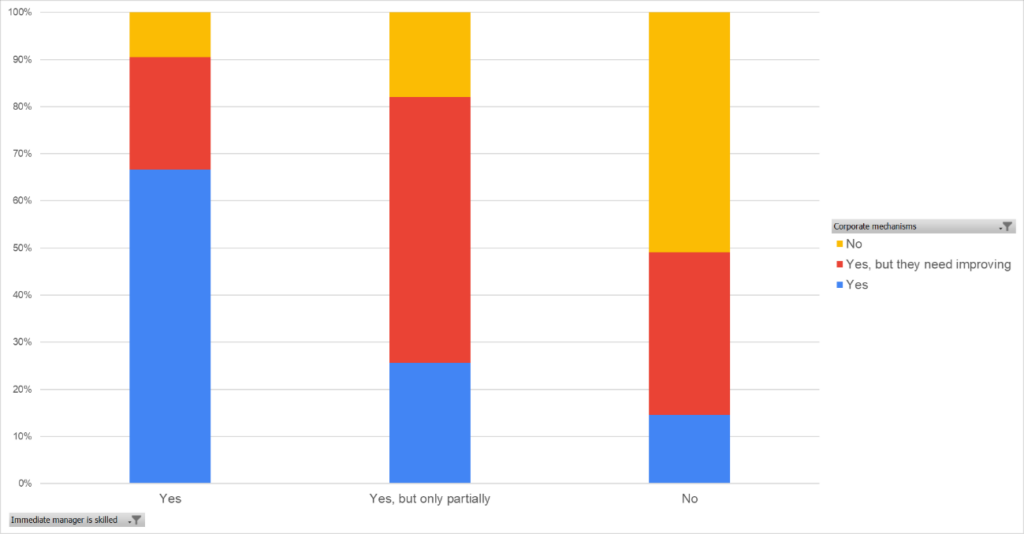
Chart 7: Q4 (line-manager capabilities) and Q5 (corporate capabilities)
Hopefully, this ITSM well-being data and insight has been helpful. If you have any questions or thoughts about the data or raw data, please share them in the comments section below. Finally, please remember that a separate ITSM.tools article will examine the AI-related questions and any long-term impact, in terms of actionable insights, more thoroughly.
Further Reading
If you enjoyed this article on well-being, you may also enjoy some of the related articles listed below.
Please use the website search capability to find more helpful ITSM articles related to topics such as the management of software assets, ITSM software tools, risk management and mitigating risk, problem management, customer satisfaction, enterprise service management systems, and improving how teams work and team member productivity.
Stephen Mann
Principal Analyst and Content Director at the ITSM-focused industry analyst firm ITSM.tools. Also an independent IT and IT service management marketing content creator, and a frequent blogger, writer, and presenter on the challenges and opportunities for IT service management professionals.
Previously held positions in IT research and analysis (at IT industry analyst firms Ovum and Forrester and the UK Post Office), IT service management consultancy, enterprise IT service desk and IT service management, IT asset management, innovation and creativity facilitation, project management, finance consultancy, internal audit, and product marketing for a SaaS IT service management technology vendor.

